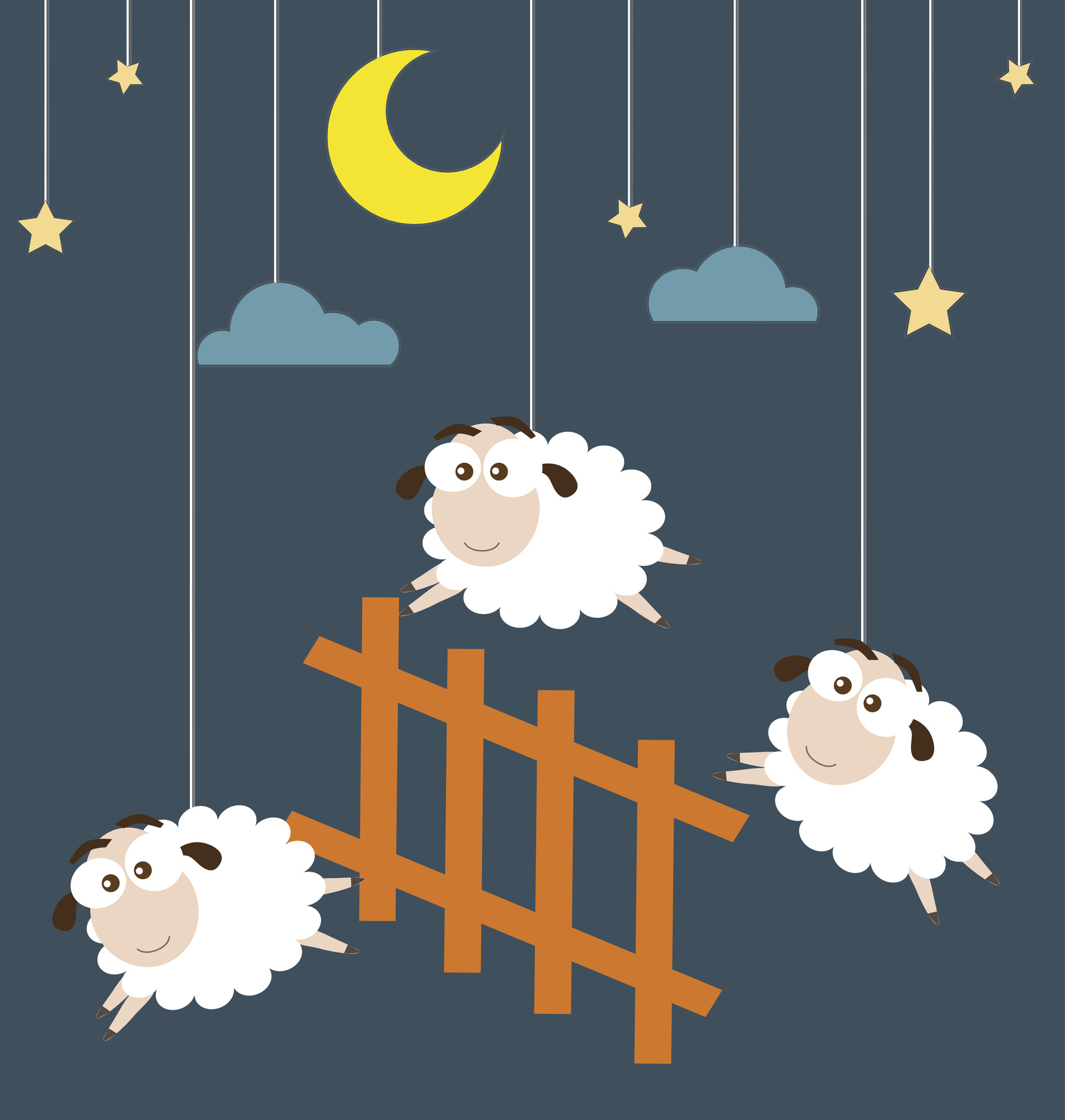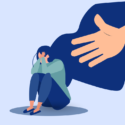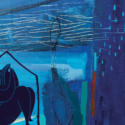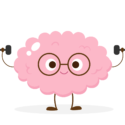
It’s time to stop sleep deprivation and the glorification of “busy”, explains Anel Martin
We live in an “always-on” society and the majority of people globally are sleep deprived to some extent. In my opinion, it has to do with technology: the fact that we are working more hours, trying to look after our homes, development, health, partners, families and children. We are working across multiple time zones, have hours of exposure to unnatural light levels and spend too much time on tech.
I have worked with many Assistants across the world and have found that sleep in our profession is both underrated and often disrupted in some way, be it minor, short term or serious.
Society has brainwashed us to believe that we can sleep when we are dead. It has become a badge of honor to tell others how little sleep you have had and somehow we are conditioned to believe that it makes you better or more productive. It doesn’t!
The Navy Seals did research with highly trained, physically and mentally conditioned soldiers (all in better shape than either you or I) and even they can’t function on less than 3 hours a night; it is the critical tipping point. Cognitive ability, judgment, hand-eye coordination and many other factors become compromised.
Sleep deprivation has caused some of the most well-known disasters in history – such as the Exxon Valdez oil spill, Chernobyl, the Challenger explosion and the Titanic. Just think about the after effects of these incidents. Think also about the countless people who die in road accidents every year.
So, you will sleep when you are dead?
Well, if you don’t sleep well, you will be dead sooner! Sleep deprivation can cause weight gain, diabetes, heart disease, high blood pressure, strokes, increased cortisol (stress hormone), depression, makes you more susceptible to flu and reduces your resilience to name but a few side effects. We all need to ask ourselves if the risk factors are worth it in the end.
There is no hard and fast rule on how much sleep an individual needs; the only consensus is that you should wake up naturally without the use of your alarm clock if you are sleeping well (best experimented with when you have a period of annual leave of a week or more, trying different bed times and waking up times).
Scientists have still not found one conclusive answer as to why we sleep but generally it is accepted that sleep is a period for the body to repair, detox and recover. For the brain, it is even more complex. It has been proven that we cement memories and make sense of our experiences and process what happened during the day. All this is beneficial for your cognitive functioning, reasoning skills and concentration.
A great many Assistants suffer from either not being able to fall asleep (too many thoughts swirling at bedtime, inability to stop thinking or worrying), complete insomnia or waking up every couple of hours. Any ongoing sleep issues must be investigated and resolved. It has been proven that 6 consecutive evenings of poor sleep and your body can go into a pre-diabetic state.
As Assistants, we function at high speed with a small margin for error, so in the beginning, you will feel like you can cope with the right amount of caffeine, energy drinks or other unnatural coping methods. So what is the solution? I think the answer is not “one size fits all” – you will find what works for you through some experimentation.
Helpful Tips
- Have a set routine for sleeping; a “normal” time for going to bed and waking up. Find your personal amount of sleep required, it can vary from approximately seven to ten hours. Sleeping five hours or fewer is considered very unhealthy for the average person and is classified as sleep-deprived; anything going near three hours is dangerous. There are many wearables on the market that monitor sleep and can indicate where you are and if you are improving over time. Most importantly they can show you your sleep cycles and indicate the quality of your sleep. A device I can recommend from personal experience is the Fitbit and the Huawei smartwatch with the sleep tracking function.
- Interrupted sleep is just as problematic as you never complete a whole sleep cycle. Conditions like sleep apnea can create this phenomenon. With sleep apnea you stop breathing at regular intervals during the night and you may not even be aware of it. It could be for just a spilt second and can be up to several minutes in extreme cases. You don’t wake up completely and don’t remember being awake, but you wake up the next morning and you feel like you haven’t slept at all, in spite of being in bed asleep the whole night. Sleep apnea can easily be misdiagnosed so if you wake up more tired than you went to sleep, feel like you haven’t rested at all, snore, feel totally exhausted and even sleeping tablets don’t help or if your partner mentions that it sounds as if you stop breathing or sleep very quietly then you need to have your doctor look into it.
- There are some studies that suggest getting up once in the evening is actually more normal than sleeping through the whole night so don’t be too concerned if that scenario fits you and doesn’t have any harmful effects for you.
- Experts agree that if you have a “busy” brain that can’t switch off you should try and avoid electronics or television at least one hour before bed and try to shut down gradually by having a nice warm bath or shower, reading a little bit or simply creating a routine that tapers to bedtime.
- If you have difficulty falling asleep then white noise/background noise can be very helpful (that’s why so many of us enjoy a nap on the couch with the TV on or falling asleep to the sound of the rain); the television, radio or white noise machine actually distracts you from your thoughts and helps you doze off.
- Keep a notebook in the bedroom – when you wake up in the middle of the night and think “I must remember to do x”; write it down. Your brain will relax because you have made a note and will stop trying to remember it.
- If you can’t sleep (and it is ongoing) a certain amount of anxiety starts to creep in, which only aggravates the situation. If you are lying awake, do not get up and do something, lie in the dark with your eyes closed and focus on your breathing (deep and slow, as if you were actually sleeping), just be conscious that even if you are not sleeping your body is in a relaxed state and able to rest and repair itself to some extent which is better than nothing. Often just relaxing, breathing and staying in bed without the pressure of falling asleep actually helps you fall asleep again. If the situation is chronic please consult a doctor.
- Start to manage your stress; find a way to decompress after a hard day (easier said than done, I know, but worth the effort). For me, it has always been a hot bubble bath or playing with my pets. It can be something simple that makes you feel happy and grateful.
- Sleep, looking after your health and taking time to do something you enjoy is NOT a luxury or you being lazy. The old saying goes that you cannot pour from an empty cup. Self-care is important and must be a priority. Like the safety video in the aeroplane says, you need to put on your own oxygen mask first.
- Start to view sleep as an essential part of your day, and stop the glorification of “busy” and sleep deprivation. Even if you are not busy your brain and body are involved in very complex functions to restore you to peak condition so do not neglect it!
So, what happens when you sleep well?
You have enhanced concentration and decision-making ability; you have energy and can cope better with stress, change or unforeseen circumstances. You are more resistant to a whole host of illnesses because your immune system is functioning well. Generally, you are better able to cope with the world and with other people because it improves your mood.
So in the words of Thomas Dekker
Sleep is the golden chain that ties health and our bodies together
so treat it as such and good night, sleep tight!













